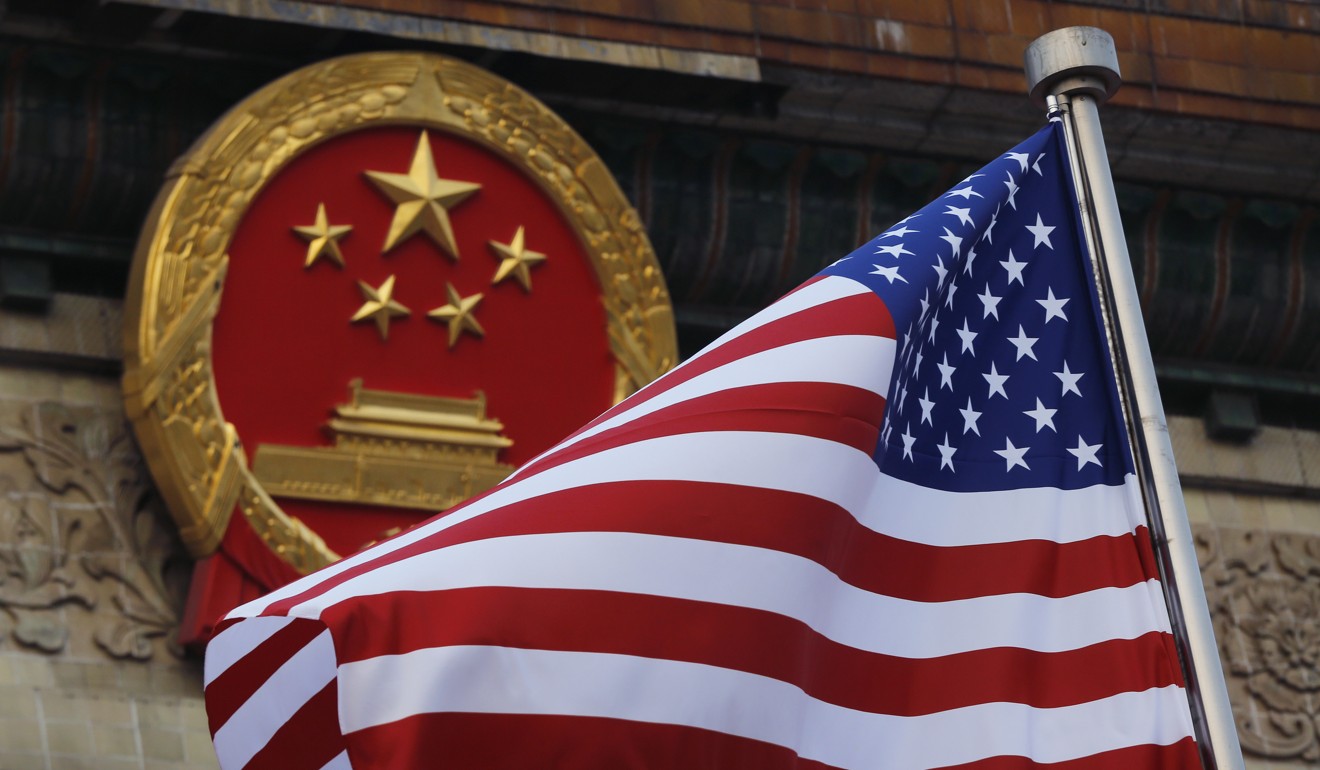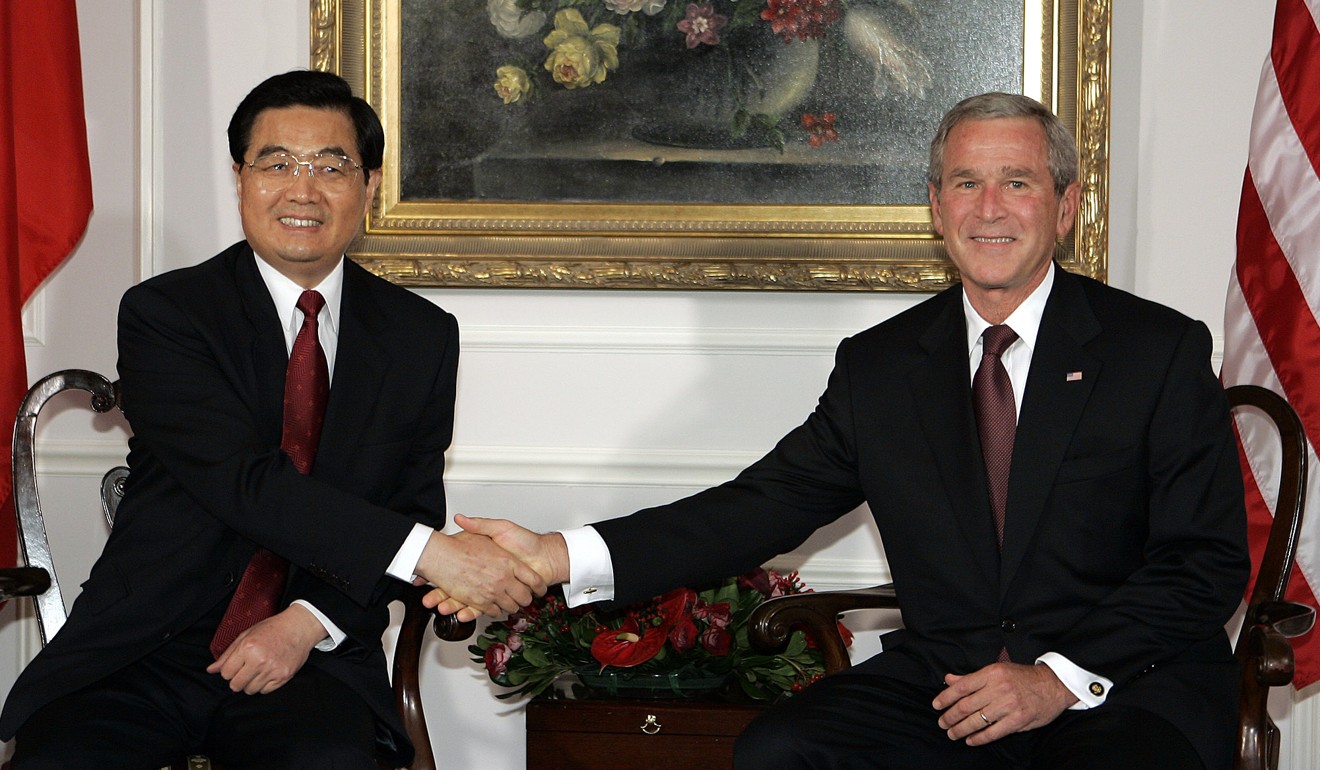
Yale economist Stephen Roach calls for China and US to establish global cyber accord, new forum for trade talks
- Economist calls for Washington and Beijing to set up forum for talks on trade, including ‘joint collection of data and information sharing’
- Urges Paris-like accord to monitor global cyberattacks
The US and China should take the lead in pushing for a global cyber accord and introduce a permanent forum for talks on trade, according to Yale University economist and leading Wall Street authority on Asia, Stephen Roach.
Rather than trade, Washington is more concerned about intellectual property theft from US companies and the long term impact that this will have on American innovation, Roach said. Adding to that perception are recent allegations of Chinese cyberhacking activities in the US.
Roach, 73, said the fundamentals for a strong agreement should include structural changes, such as a Paris-like accord for cybersecurity.
“It should require a new international body to monitor global cyberattacks to reduce the attacks, and help prevent them,” he said on the sidelines of the Morgan Stanley 2019 private wealth management GAIN Conference in Hong Kong on Friday.

Roach, a senior fellow at Yale University’s Jackson Institute for Global affairs and former chairman of Morgan Stanley Asia, also proposed the two countries set up a permanent forum with a number of full-time staff to be based in a neutral third party jurisdiction. He did not propose the exact location, but said that Switzerland had often been chosen for such roles.
“The permanent US-China secretariat will be charged with ongoing assessment of joint US and China policy issues supported by joint collection of data and information sharing,” he said.
He said the system would help foster better communication between Washington and Beijing.
The Strategic Economic Dialogue, established in 2006, was expected to meet twice a year but was scaled back to a single annual meeting under President Barack Obama.
Since President Donald Trump took office, the frequency of the high-level meetings has been further reduced.
“There should be a permanent organisation set up to have much more frequent dialogue and information sharing,” Roach said.

He said direct, high-level talks between presidents Xi and Trump should happen more frequently.
“Three dinners are definitely not the most effective way to enhance the complex and challenging relationship between the US and China,” Roach said, referring to the gatherings between presidents Xi and Trump.
He added that US criticism of “Made in China 2025”, the Chinese government plan to upgrade its hi-tech industries to western levels and lessen its dependency on imports, was not unique as Germany and Japan also have similar policies.
Roach said changes in spending and consumption habits would help iron out the trade deficit problem.
“The US should save more and consume less, while the Chinese should save less and consume more. This is the only macro recipe to achieve a better trade balance for both nations,” he said.
Roach cautioned that US economic growth would be affected if the trade war drags on, much as China’s growth rate has cooled since the trade tariffs between the two countries went into effect last year.
“Consistent with his approach in ‘The Art of the Deal’, President Donald Trump is good at bullying but this leaves him lacking with the wisdom to compromise. I would assign no higher than a one in four chance that the two nations reach a strong deal by the looming March 1 deadline,” he said.

